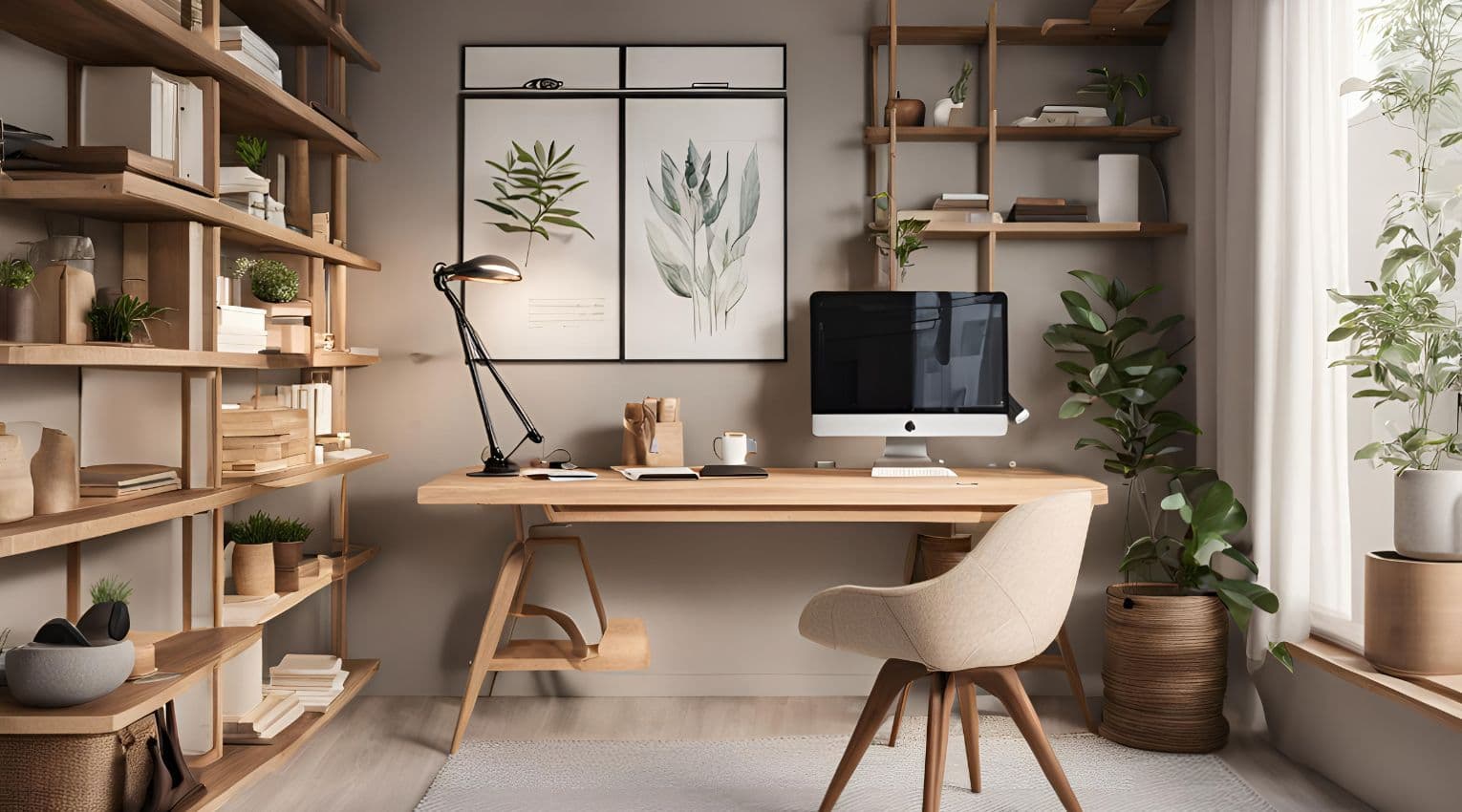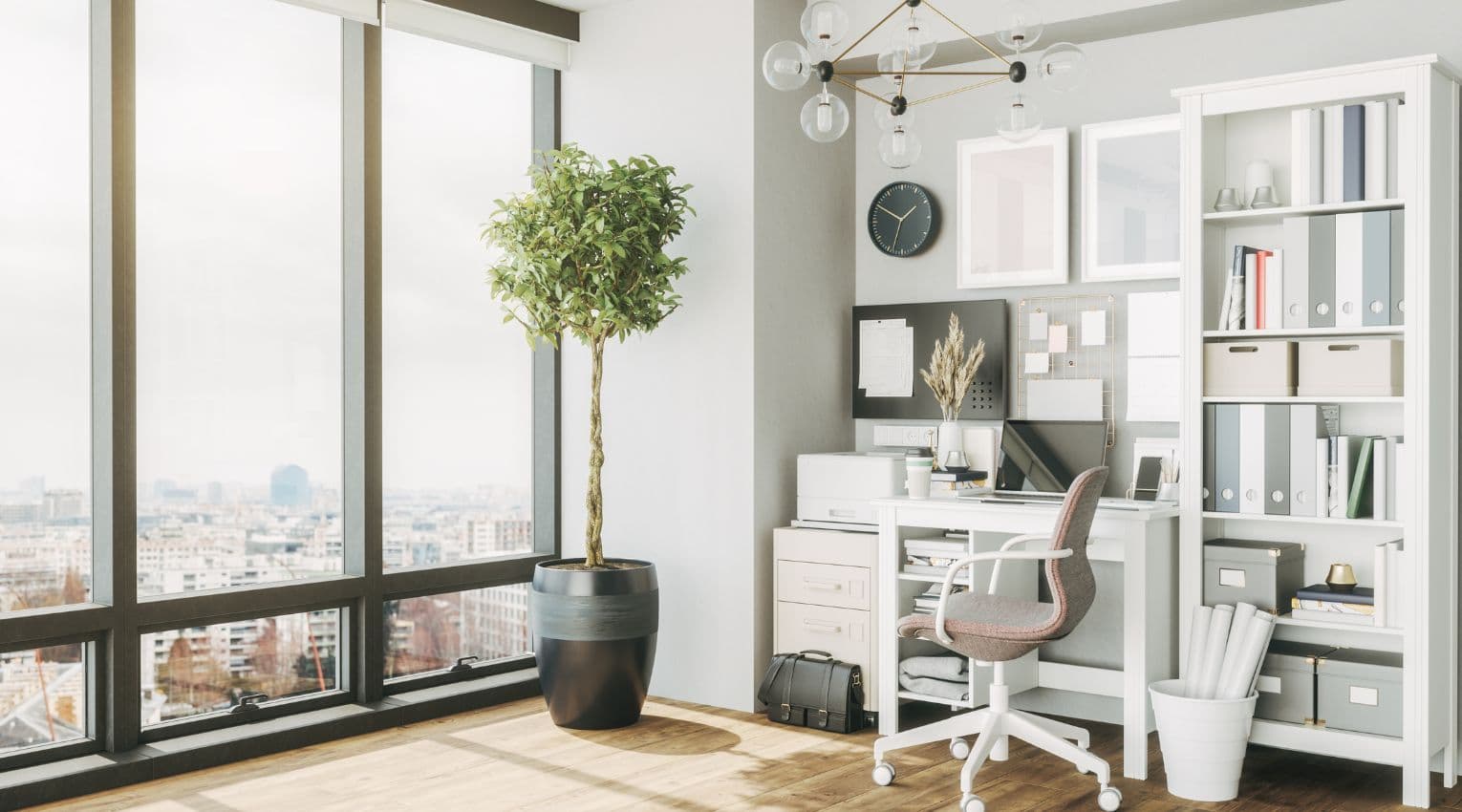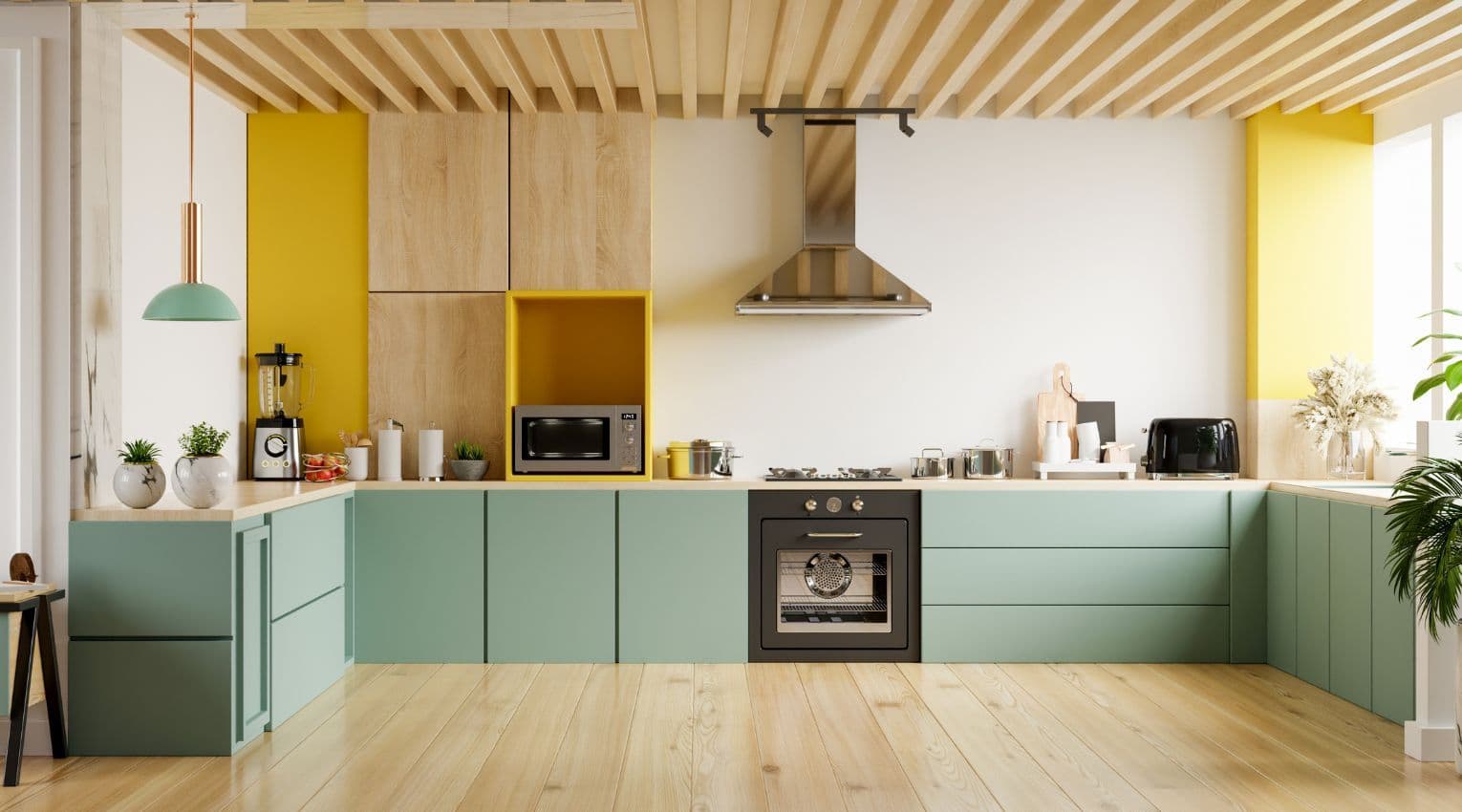9 Home Renovations and Repairs to Do Now Before Retiring

With the extra free time you may find yourself with in retirement, you may see it as a good opportunity to tackle some long-desired home improvements — especially if you’re eventually planning to put your home on the market and relocate. However, there are some repairs and renovations that can be more beneficial to complete before you retire for a couple of different reasons. First, you’ll want your home to fit your lifestyle as you age. Second, it can pay off to make the renovations that can help your home sell before you’re on a fixed income.
Here are some of the most valuable changes you can make to your home before you retire.
Move Bedrooms to the Main Floor
While transitioning to one-floor living isn’t always easy, it can pay off in the long run to do it sooner than later if you want to remain in your home after retirement. If you already live on one level, turning one of the bedrooms into a primary bedroom can help sell your home and potentially add an average of $85,672 to its value. This may include adding an ensuite bathroom, walk-in closet, or dressing room.
Add a Full Bathroom to the Main Floor
Similar to bedrooms, whether you’re planning to stay in your home or planning to sell, having a full bathroom on the main floor of the house tends to be an asset. Not only can it be helpful as you age if you’re remaining in the house, but a guest bathroom can boost the resale value considerably. If you already have a bathroom on the main floor, it may be worth considering making your tub or shower more accessible; this can be as simple as adding a railing or seat.
Replace Your Lawn Areas with Hardscape
Less grass means less lawn maintenance. Save time, money, and effort by taking a look at your lawn and (thoughtfully) eliminating portions that you can fill in with pavement, stone, wood, or concrete. Oftentimes, these changes can boost curb appeal in addition to removing the need for mowing and grass upkeep.
Repair (or Fully Remodel) Your Kitchen
It’s no secret that kitchens sell homes — so if you don’t intend to stay in your home, your kitchen is the first room you should tackle, even if you’re only making relatively minor fixes like installing a new oven. Of course, you’ll likely boost the resale value of your home considerably if you do need to undertake a top-to-bottom refresh: even a mid-range minor kitchen remodel, which averages $26,214, can add an average of $18,927 to your home’s value.
Enhance Curb Appeal
The first impression of your home can be a lasting one, so a little exterior work can go a long way — especially if you’re planning to put your home on the market. Take a look at the siding and see if it could use a refresh; while the typical cost of siding replacement is just under $20,000, it can boost your home’s resale value by more than $13,000.
Make Garage Repairs
Another fairly easy and inexpensive step that both enhances safety and boosts curb appeal is replacing your garage doors, especially if they’re outdated or especially old. You’ll get almost as much back as you put into the replacement, as the average cost of garage door replacement is $3,907 and it can increase your resale value by $3,663.
Replace Your Roof
Roof repairs and replacements can be costly — $10,850 on average for a new metal roof — but not only will many potential buyers typically be curious to know the age of the roof before they purchase a home, ensuring that the top of your house is in tip-top shape can ease your mind and give you less to worry about if you’re staying put.
Check on Essential Systems and Appliances
Along with checking on the roof, doing a full inspection of oil burners, heating systems, and any other key parts of your home’s energy components is smart not only for health and safety reasons, but can save time if you sell your house down the road since potential buyers will be alerted any issues during an inspection.
Fix Any Hazardous Floor Issues
Minimizing the safety risks in your home is always a good idea, but especially so as you age. Taking care of cracks and loose boards in your floor, ensuring that your stairs are secured and railings are properly attached to them, and securing or removing loose carpeting are all relatively quick and cost-effective repairs.
If you’re looking for ways to fund your home repairs and renovations without taking out a loan or otherwise creating debt, a home equity investment could help. The more you know about your home equity, the better decisions you can make about what to do with it. Do you know how much equity you have in your home? The Home Equity Dashboard makes it easy to find out.
You should know
We do our best to make sure that the information in this post is as accurate as possible as of the date it is published, but things change quickly sometimes. Hometap does not endorse or monitor any linked websites. Individual situations differ, so consult your own finance, tax or legal professional to determine what makes sense for you.



